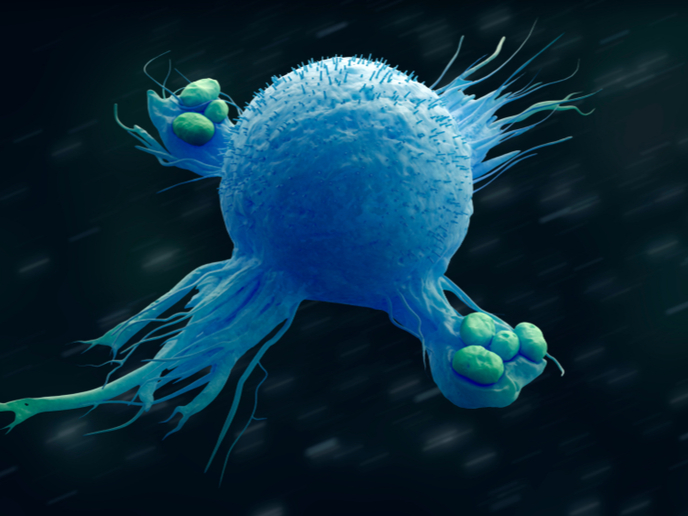Turning personalised medicine into reality
Often patients suffering from the same disease can respond differently to a particular treatment. This has been attributed to the genetic variability among individuals, given that gene expression determines how drugs get processed within the body. To minimise treatment side effects or response failure, scientists need to identify the genes implicated in treatment outcome. Over the years, enormous progress has been made on obtaining molecular and genomic information of individual patients, even sequencing a patient’s genome. However, the utilisation of this information for personalised medicine remains largely unfulfilled. To address this, the EU-funded MLPM2012(opens in new window) project explored the field of machine learning, where computational tools are employed to detect patterns, rules and statistical dependencies in large datasets. The idea was to create algorithms to analyse human DNA and search for patterns that correlate with a certain drug response. MLPM2012 brought together academic institutions from seven different countries worldwide and together with leading industrial partners they trained the next generation of scientists in relevant scientific fields such as machine learning and genetics. From a scientific perspective, the aim was to develop machine learning techniques for finding molecular properties of patients that can be exploited for diagnosis, prognosis and theranostics. The researchers developed additional techniques for exploring the biological causes and mechanisms of diseases as well as predicting clinical phenotypes based on interactions between genetic, epigenetic and environmental factors. The generated machine learning approaches for biomarker discovery took into consideration the large amount of omics data, computational challenges and the different scales of measurements between samples. Using these techniques, scientists investigated the role of signalling pathways in diverse types of cancer and identified the molecular mechanisms that explain the anti-cancer effect of the compound silvestrol. Collectively, the activities of the MLPM2012 initiative lay the foundation for translating heterogeneous patient data into robust biomarker discovery for disease diagnosis, prognosis and therapy outcome prediction.







